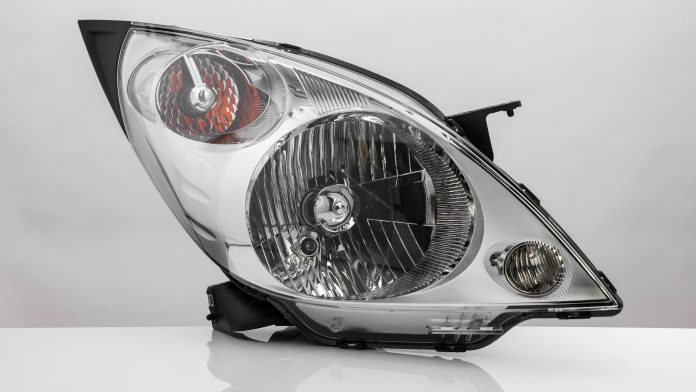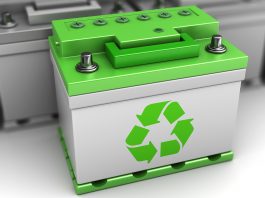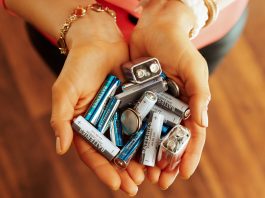Karlsruhe Institute of Technology (KIT) and Audi are launching a pilot project for the chemical recycling of automotive plastics which aims to feed mixed plastic fractions back into a resource-conserving circular system.
Due to the high safety, heat resistance, and quality requirements that automotive plastics have to meet, only petroleum-based materials have been suitable for manufacturing plastic components in cars but in most cases, such materials cannot be recycled.
Professor Dieter Stapf, Head of KIT’s Institute for Technical Chemistry, said: “Recycling automotive plastics has not yet been possible for many components. That is why we are doing pioneering work here together with Audi. If we want to close these loops, we need to develop suitable methods.”
So far, chemical recycling has been the only method that can be used to convert mixed plastic wastes into products, whose quality matches that of new products. As a result, a wider range of plastics can be recovered.
The pilot project “Chemical Recycling of Plastics in Automotive Engineering” is conducted by the think tank Industrial Resource Strategies that has been established at KT by the Baden-Württemberg State Government together with industry and the support of academia. Professor Thomas Hirth, KIT Vice-President for Innovation and International Affairs and Spokesperson of the think tank said: “Responsible use of resources is the joint obligation of industry, science, and politics. The think tank pools all competencies to master this big challenge and to serve society and the environment.”
The pilot project targets the creation of smart circular systems for plastics and establishing this method as a complement to mechanical recycling and replacement of energetic recovery. Partnering with KIT’s THINK TANK, Audi intends to initially test the technical feasibility of chemical recycling and to evaluate the method in terms of its economic efficiency and environmental impacts.
Audi intends to ship plastic components that are no longer needed, such as fuel tanks, wheel trim parts, and radiator grills, from Audi models returning from the German dealership network, to be recycled. The plastic components are converted to pyrolysis oil by chemical recycling. In the medium run, components based on pyrolysis oil can be used in automobiles again. If technically feasible, Audi will industrialise the technology and progressively apply it to more and more components.
Marco Philippi, Senior Director Procurement Strategy of Audi, said: “Audi is among the first automotive manufacturers testing this recycling method in a pilot project with plastics from automotive engineering.
“We want to establish smart circular systems in our supply chains and make efficient use of resources. Chemical recycling has a great potential for this: If plastic components can be produced from pyrolysis oil instead of petroleum, it would be possible to significantly increase the proportion of sustainably manufactured components in automobiles. In the long run, this method can also play a role in end-of-life vehicle recycling.”





